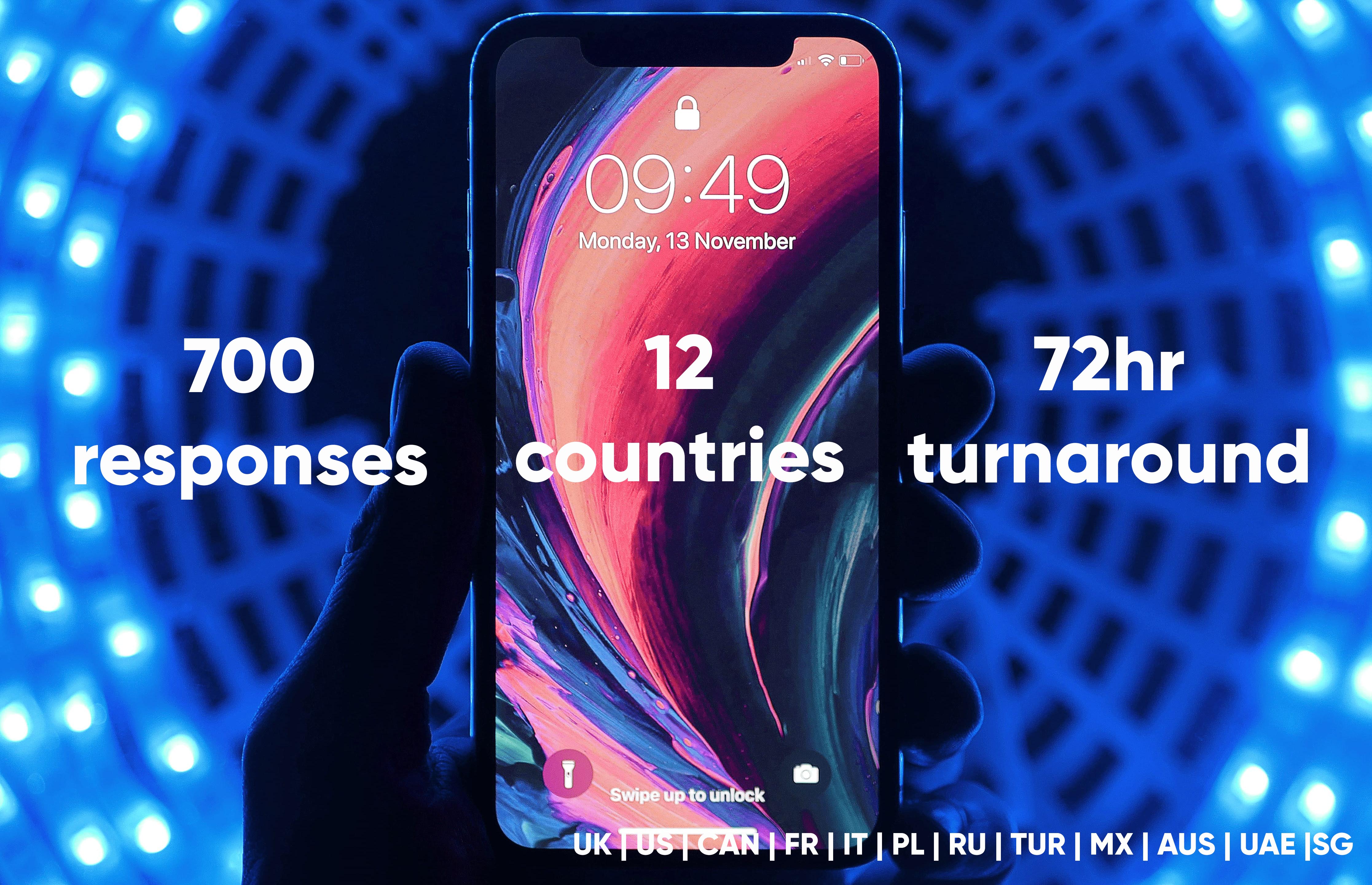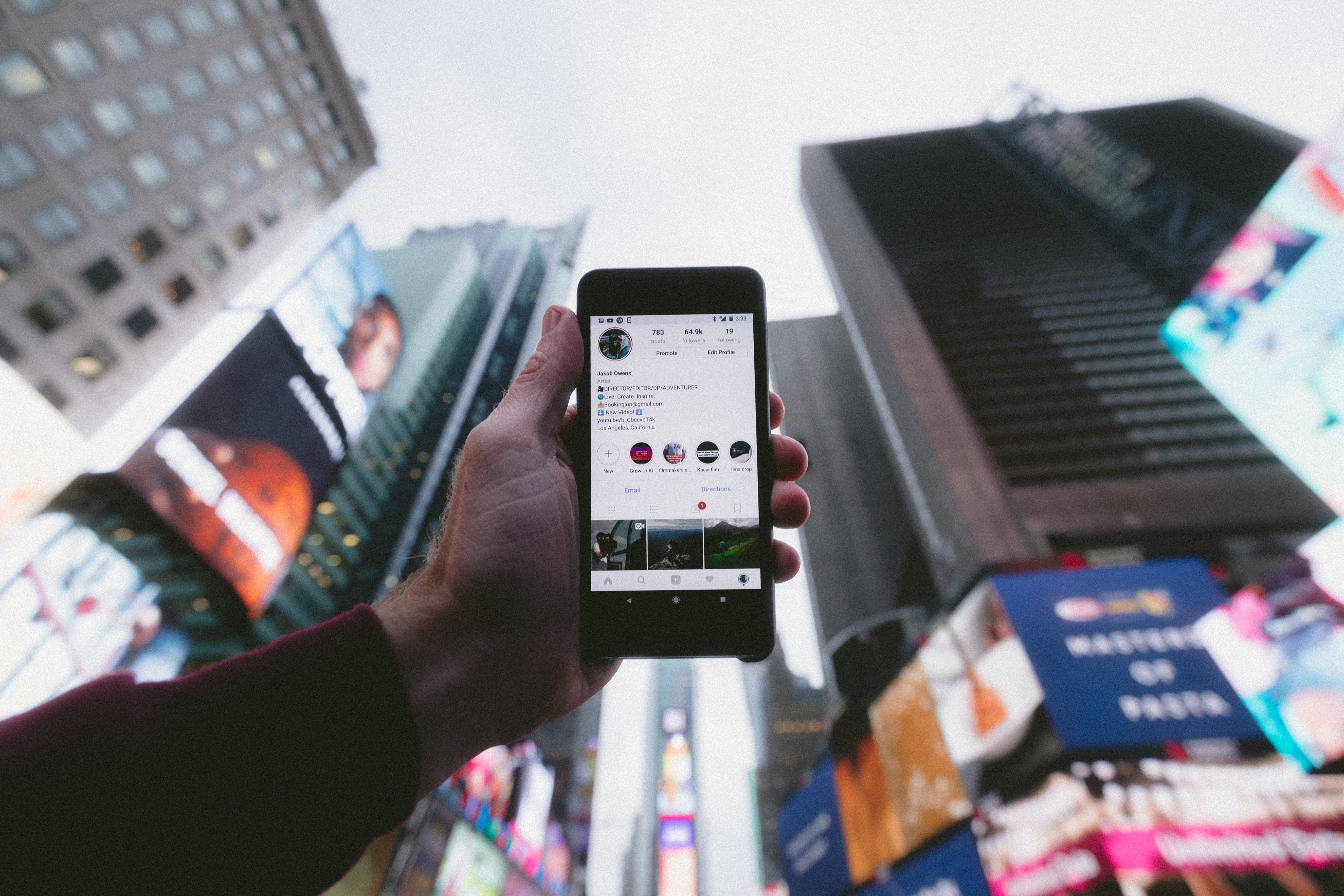Once upon a time, when Instagram was in its infancy, the dark arts of influencer marketing were a trade secret. Now, the cat is out the bag.
Gen Z are increasingly sceptical about the transactional relationships that define influencer culture and are wising up to warning signs of inauthenticity: #ad, #sponsored, #prpackage. No longer are users fooled by promises of an aspirational life that will transpire at the click of the affiliate link. As they lose their authenticity cachet, have we seen the end of influencers?
Influencer marketing has become a critical piece in a marketer’s tool belt and has rapidly grown into a whopping $10 billion industry. Businesses have funnelled inordinate sums of money in the hope that influencers will leverage their authority and relationships to promote their brands.
But are we beginning to see a shift in attitude towards influencers? Do their voices really make a difference to consumers? And will a shopper actually be more inclined to purchase a product based on a paid promotion? We asked our global customer collaboration community whether they believe that utilising influencers is an effective tactic. Here’s what they had to say:

A dwindling influence…
60% of our respondents reported they had never made a purchase based on an influencer’s social media content. And anecdotal responses reported further scepticism towards social media content or recommendations based on paid or sponsored posts.
“No, I never have. Most of the products and services I see from influencers are paid ads. They might catch my interest but I read the comments before making purchases because there’s usually someone saying what is wrong with the product.”
Bulbshare user, Female, 19 🇺🇸
“No I don't really trust them, I think they are only promoting things because they make money or commission from them.”
Bulbshare user, Female, 23 🇬🇧
"No, I follow my own thoughts and feelings"
Bulbshare user, Female, 47 🇬🇧

Trust
Our respondents showed a sharp divide in regards to trusting influencers – with only 35% of respondents expressing an unequivocal “Yes” on whether or not they believe influencers are still ‘authentic’.
“I do trust influencers but I understand the scope of their marketing. It would be malicious of an influencer to abuse their power so I believe that most if not all do not do as such.”
Bulbshare user, Male, 17 🇬🇧
Contrastingly, around 30% of our customer communities expressed a confident “No” and the remaining 35% felt influencers could only be trusted in certain situations, such as product recommendations. While, overall, this indicates that some level of trust still exists – we can certainly see a growing sense of awareness around the nature of how influencers work.
“No, I like to listen to their thoughts, but never trust them blindly, because they are doing business.”
Bulbshare user, Male, 36 🇬🇧
“I don’t.. what they are peddling might look good, but comments usually tell a different story.”
Bulbshare user, Female, 28 🇺🇸
“Sometimes yes.. it depends on who the influencer is as some have ethical core values and some do not.”
Bulbshare user, Male, 21 🇦🇺
“Self obsessed and untrustworthy individuals who have nothing to do with me”
Bulbshare user, Female, 24 🇬🇧
Only in it for the money?
The primary concern Bulbsharers noted about influencers was the belief that they are disingenuous, superficial and only interested in getting a paycheck. This sense of ‘influencer avarice’ discouraged consumer purchases.
“As long as they are being paid they will promote anything.”
Bulbshare user, Female, 32 🇬🇧
“They are good at what they do, but their ultimate goal is to make money from speaking about topics or selling me something. I don't put too much weight into what they say.”
Bulbshare user, Male, 18 🇨🇦
“I don't trust influencers that much because they can be bought over.”
Bulbshare user, Male, 22 🇦🇺

But social purpose is the exception
While many of our respondents felt that influencers are only interested in making money, there was a notable trend of trust towards influencers who “use their powers for good”. Influencers who advocate for causes and emphasise a positive social purpose appear to be more trustworthy than those who do not, according to our consumer surveys.
"I don’t think they’re important unless they ‘use their power for good’ i.e. help support causes and advocate for mental health instead of just making things about their looks."
Bulbshare user, Female, 23 🇦🇺

Personal relationships reign supreme
84% of our product reviewers reported being more likely to make a purchase based on the recommendations of family or friends over that of an influencer. If online personalities are perceived as inauthentic, then recommendations from those in one’s own personal circle wield the ultimate authenticity. This perception of friends and family as the ultimate ‘influencers’ shines a light on the continued value of genuine customer advocacy and community-generated content.
"I never take notice of influencers at all and prefer to make my own purchase decisions or recommendations from family."
Bulbshare user, Male, 25 🇬🇧
Brand tool-kit:
- Engage customers in always-in conversations. By keeping in touch with your consumers – be it through the comment section of Instagram or via your very own Bulbshare channel – you show your customer that you care. Having an authentic voice to communicate with will make a real difference.
- Co-create. By allowing your customers to take an active role in the processes of your products and services, they become more than just consumers. Customer collaboration and connection is the key: they will be invested in the journey and development of the brand because they have played a role in its evolution.
- Friends and family – the ultimate influencers. Build customer communities and turn them into advocates. Real user-generated content is the ultimate in brand promotion. Contact Bulbshare to see how we can help you build always-on, targeted customer and content communities who will advocate for your brand more cost affectively and more authentically than influencers.


My brother suggested I would possibly like this web site. He used to be entirely right. This put up truly made my day. You cann’t consider just how so much time I had spent for this information! Thank you!|